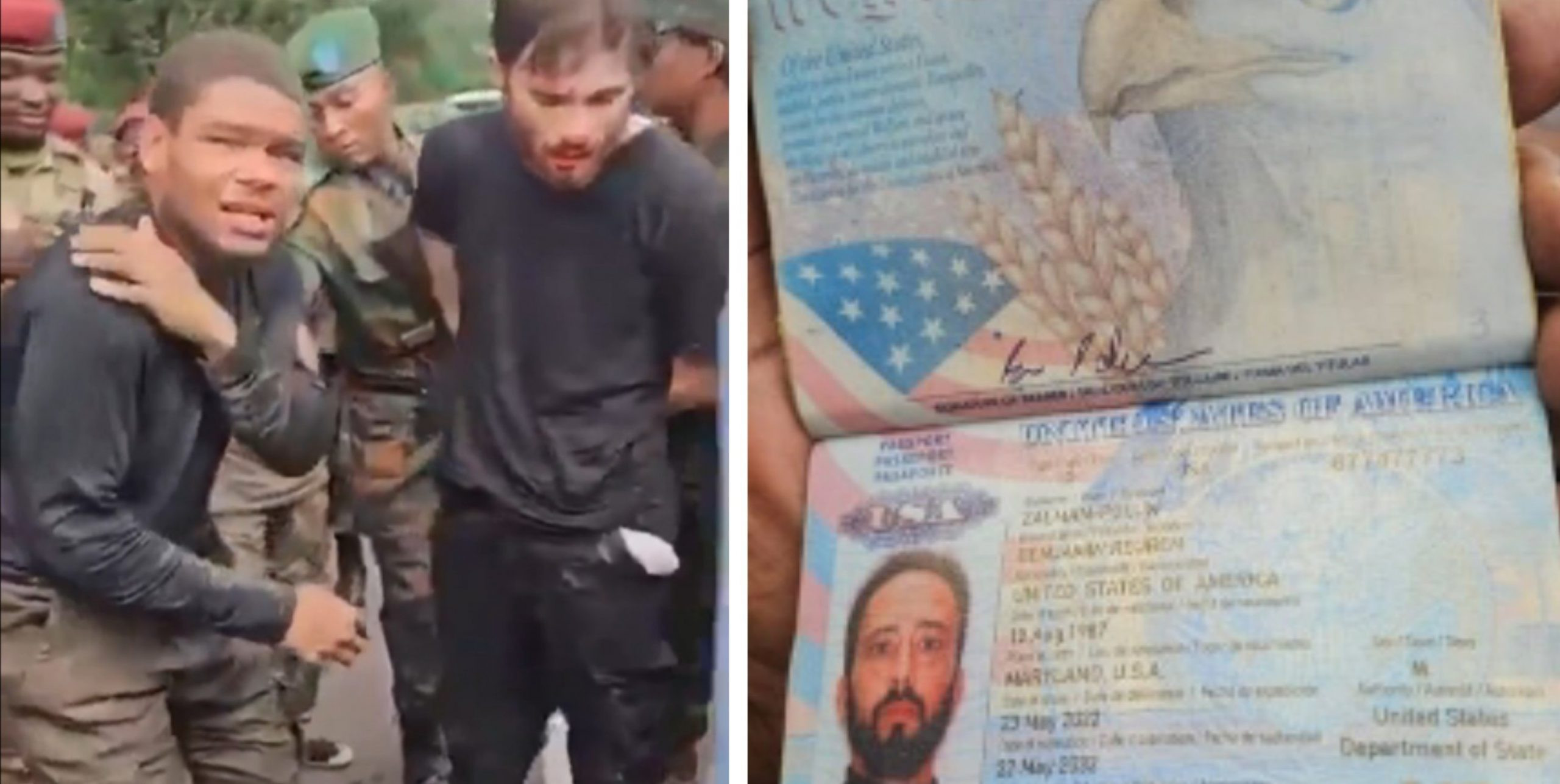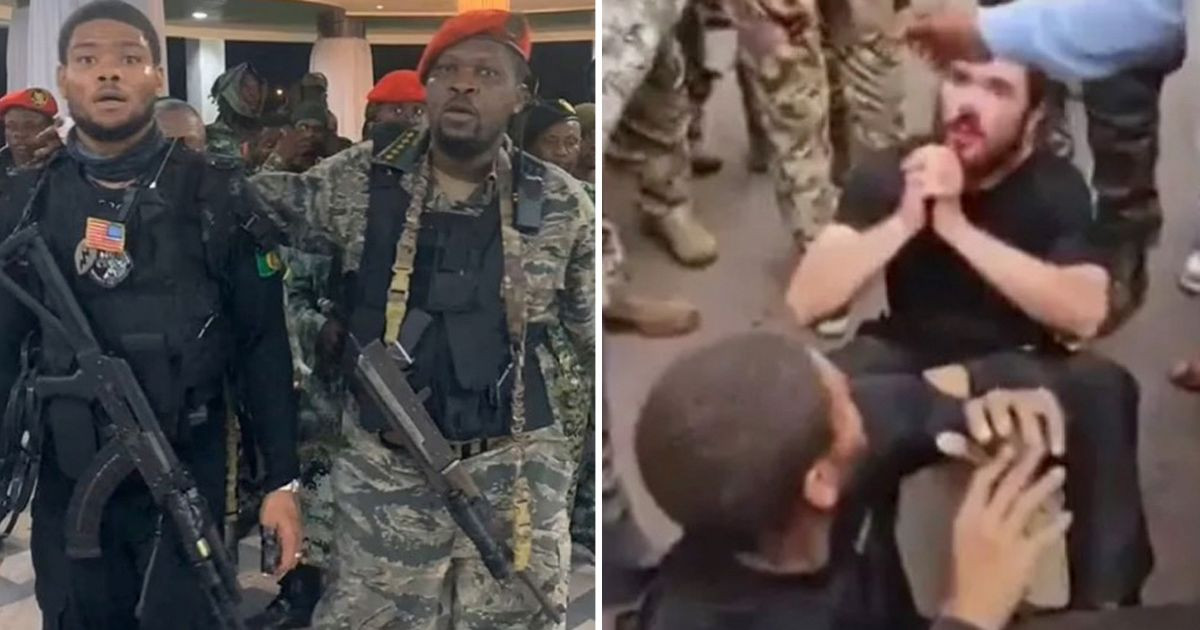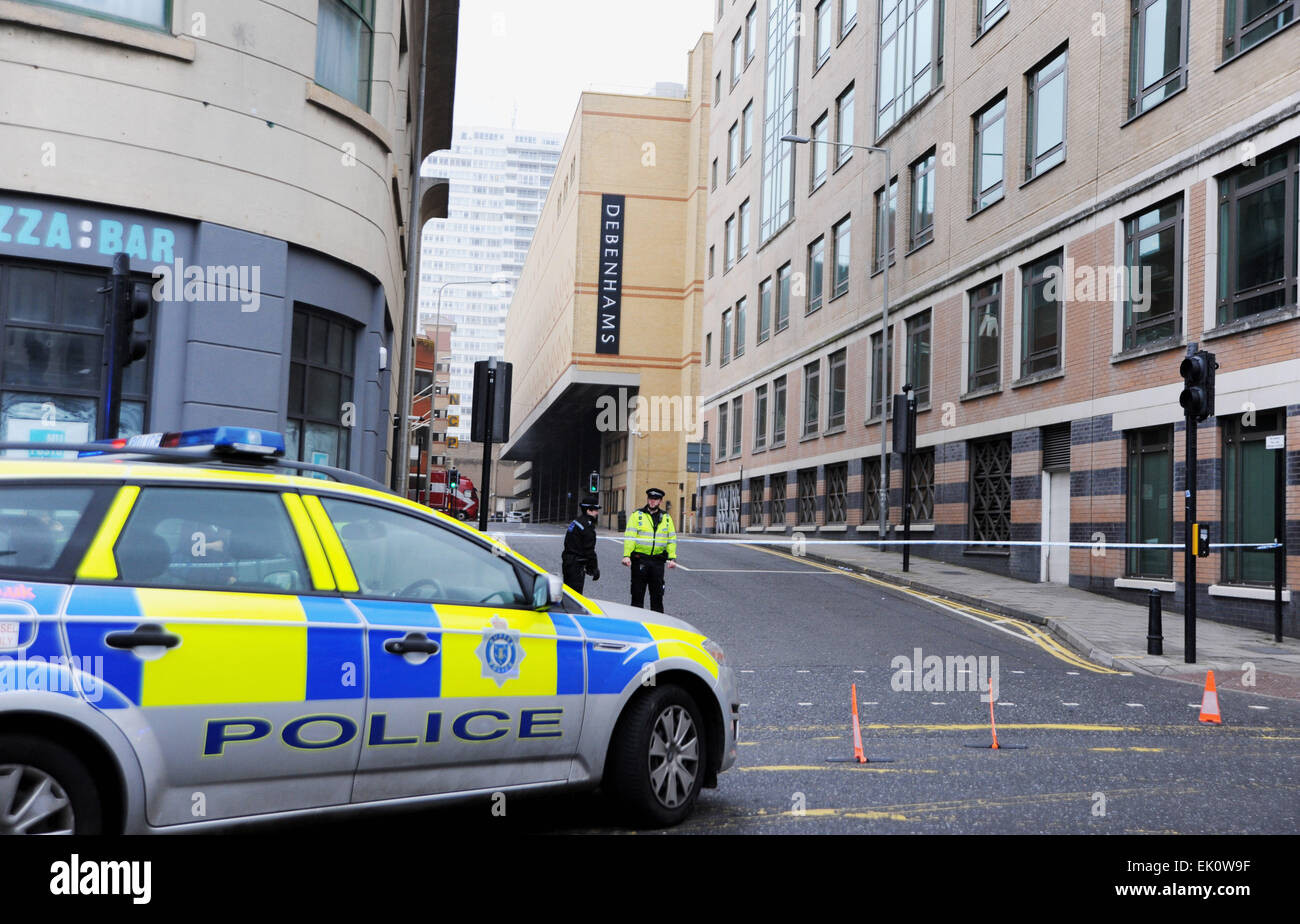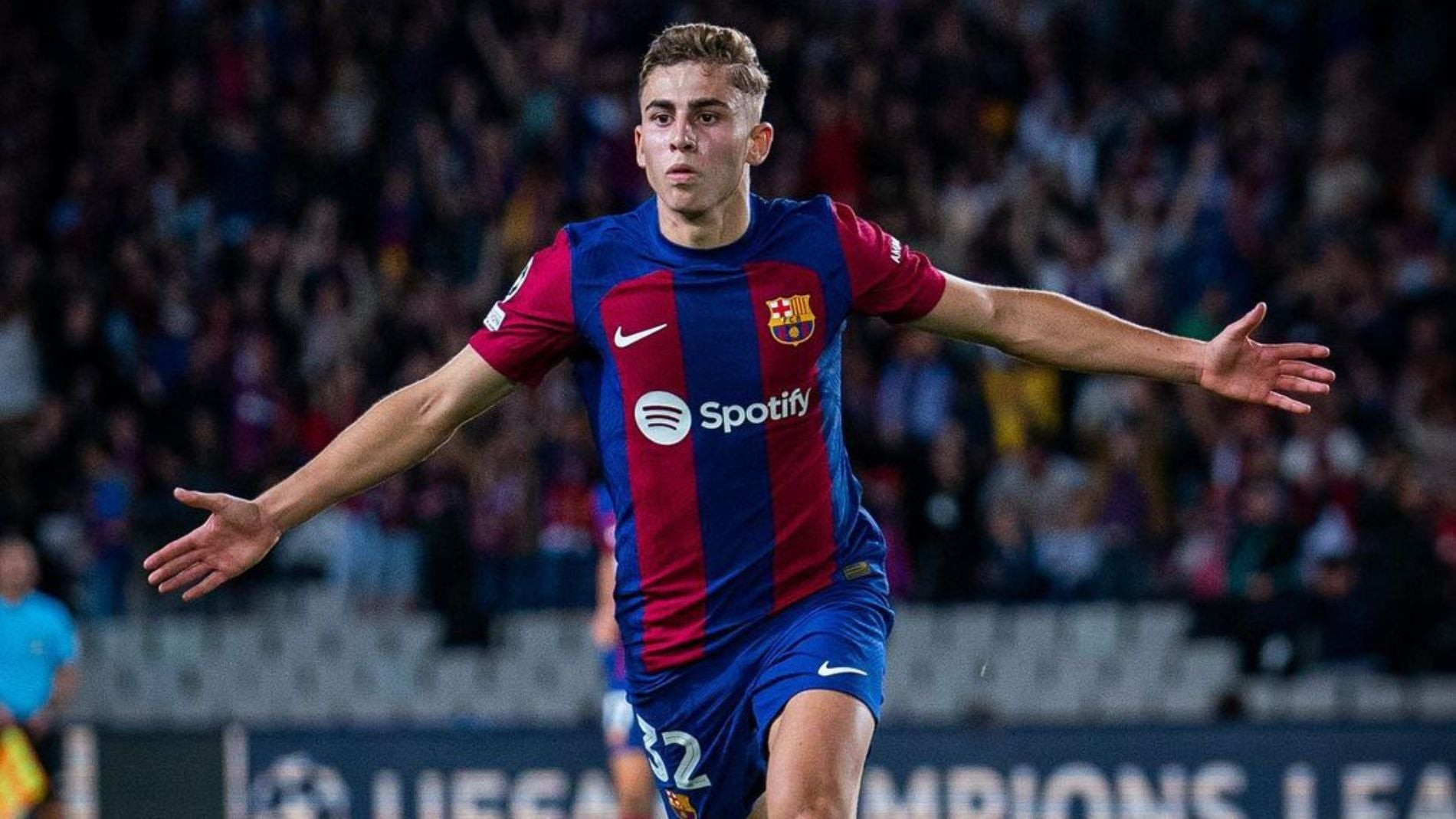A military court in Congo handed down death sentences Friday to 37 people, including three Americans, after convicting them on charges of taking part in a coup attempt. The defendants, who also included a Briton, Belgian, Canadian and several Congolese, can appeal the verdict on charges that included terrorism, murder and criminal association. Fourteen people were acquitted in the trial, which opened in June.
Six people were killed during the botched coup attempt led by the little-known opposition figure Christian Malanga in May that targeted the presidential palace and a close ally of President Felix Tshisekedi. Malanga was fatally shot while resisting arrest soon after live-streaming the attack on his social media, the Congolese army said.
Malanga’s 21-year-old son Marcel Malanga, who is a US citizen, and two other Americans were convicted in the the attack. His mother, Brittney Sawyer, has said her son is innocent and was simply following his father, who considered himself president of a shadow government in exile.
The other Americans were Tyler Thompson Jr., who flew to Africa from Utah with the younger Malanga for what his family believed was a vacation, and Benjamin Reuben Zalman-Polun, 36, who is reported to have known Christian Malanga through a gold mining company.
The company was set up in Mozambique in 2022, according to an official journal published by Mozambique’s government, and a report by the Africa Intelligence newsletter.
Thompson’s family maintains he had no knowledge of the elder Malanga’s intentions, no plans for political activism and didn’t even plan to enter Congo. He and the Malangas were meant to travel only to South Africa and Eswatini, Thompson’s stepmother said.
The reading out of the verdict and sentencing before the open-air military court were broadcast live on television.
Last month, the military prosecutor, Lt. Col. Innocent Radjabu. called on the judges to sentence to death all of the defendants, except for one who suffers from “psychological problems.”
Earlier this year, Congo reinstated the death penalty, lifting a more than two-decade-old moratorium, as authorities struggle to curb violence and militant attacks in the country.
The Coup Attempt
A military court in the Democratic Republic of the Congo (DRC) has sentenced to death 37 people, including three United States citizens, on charges of taking part in a failed coup in May. “The court pronounces the harshest sentence: the death penalty for criminal association, the death penalty for attack, the death penalty for terrorism,” the court’s president, Freddy Ehume, said in a verdict read on live television on Friday. The defendants – who also included a Briton, Belgian and Canadian – have five days to appeal the verdict. Fourteen people were acquitted in the trial, which opened in June.
Richard Bondo, the lawyer who defended the six foreigners, told The Associated Press news agency he disputed whether the death penalty could currently be imposed in the DRC despite its reinstatement this year and said his clients had inadequate interpreters during the investigation of the case. “We will challenge this decision on appeal,” Bondo said.
At the time of the attempted coup, military officials said armed men had briefly occupied an office of the presidency in the capital, Kinshasa, on May 19. Their leader, US-based Congolese politician Christian Malanga, was killed by security forces, and two security guards were also killed in the failed takeover.
Malanga, who styled himself “President of New Zaire”, was a wealthy businessman, politician and one-time military captain in the Congolese army. He contested parliamentary elections in 2011 but was arrested and detained for several weeks under former President Joseph Kabila.
Upon his release, Malanga went to the US, where he founded the opposition United Congolese Party (UCP). Over the years, he campaigned for religious freedom in Africa and led anticorruption training initiatives for young Africans in Europe.
President Felix Tshisekedi was sworn in for a second term in January after elections that were marred by logistical issues, irregularities and violence.
Global Implications
Western and Central Africa have experienced a series of coups over the past few years. Human Rights Watch had called on Congolese authorities to ensure the trial met international standards. “Congo and the region have a legacy of coups and attempted coups,” Lewis Mudge, Central Africa director at Human Rights Watch, said shortly after the failed coup. “The Congolese government needs to treat this crisis as an opportunity to demonstrate its commitment to human rights and the rule of law.”
The Americans Convicted
Malanga’s son, Marcel Malanga, was sentenced to death on Friday along with Taylor Thompson, who played high school football with him in Utah, and Benjamin Zalman-Polun, a business associate of the late elder Malanga. Marcel Malanga had previously told the court that his father had threatened to kill him unless he participated. He also told the court it was his first time visiting the DRC at the invitation of his father, whom he hadn’t seen in years.
Another defendant sentenced on Friday is a Belgian military expert. “A majority of them, they came from the diaspora,” Al Jazeera’s Alain Uaykani said, reporting from Goma in the eastern DRC. “This coup was not organised by the military of the country or police officers here in the country.”
The DRC lifted a moratorium on the death penalty in March, citing treachery and espionage in recurring armed conflicts as the reason.
A Deadly Adventure
An African adventure for two young friends from Salt Lake City that drew them into an amateurish coup attempt has ended with them being condemned to death by a military court. Tyler Thompson and Marcel Malanga were sentenced on Friday in Kinshasa, the capital of the Democratic Republic of Congo (DRC), where they took part in a bungled putsch against the president. A British citizen, Youssouf Ezangi, a third American and four women are among the 51 defendants who were rounded up in May after the attack on the home of the then finance minister and the storming of the Palais de la Nation, which houses the president’s offices.
The death penalty is mandatory for some of the charges brought, which include terrorism, murder and attempted assassination. At least six people were killed during the thwarted mutiny led by Malanga’s father, Christian, 41, who had arrived in America as a child refugee from the DRC and later styled himself as its ruler in exile. Christian Malanga was killed when troops opened fire on his ragtag band of followers.
Images of the arrest of Malanga, 22, and Thompson, 21, showing them bloodied and pleading for their lives, were met with disbelief by their families back in Utah.
Within weeks their trial began in a large tent at the Ndolo military prison, where they have been held since May and, their lawyers claimed, tortured during interrogation. Sentencing was expected on Friday.
“Dad had threatened to kill us if we did not follow his orders,” Malanga told the court to explain his appearance in live streams of the mutiny on May 19, which had been shared on social media. He and Thompson, his best friend since they played football together at secondary school, and others were shown armed with assault rifles, wearing tactical vests and chanting about the end of President Tshisekedi’s rule.
Malanga had never been to the DRC until this visit to see his father, he testified, and had no idea what he had planned.
Thompson, whose parents believed he had been invited on his first foreign trip by his friend’s father to help map gold mines in southern Africa, told the tribunal that he had been “forced” to join the attack.
He said: “Christian had woken us up at the middle of the night dressed in a military uniform with a gun around his waist and said the military will arrive here shortly … The only thing he told me is that I must do everything as he says or else I will die.”
In the suburbs of Salt Lake City, several former team-mates told reporters that they had been offered up to $100,000 by Malanga to join a “security job” in the DRC, and Thompson was the only taker.
The Verdict
Wearing prison-issue blue tunics and with shaved heads, the friends have struggled to follow their chaotic trial, which has been conducted in French. Outside the canvas court room, the military compound is filled with inmates doing their chores.
Prosecutors presented Ezangi, a British citizen of Congolese origin who worked as a plumber in London, as the “recruiter” for the uprising. Ezangi, 53, met Christian Malanga in London in 2016 and travelled with him to Africa on several occasions for business and political purposes.
The third American on trial, Benjamin Zalman-Polun, 36, a longtime business partner of Christian Malanga, said he had been “kidnapped” in order to take part. “I met Malanga in 2013,” he told the court. “We always had relationships based on mining activities in Swaziland and Mozambique. He had never been so violent.”
Many of the Congolese insurrectionists claimed they had been duped and believed they had been hired for an NGO run by Malanga. Having white colleagues from America made the story more believable, a defence lawyer said. “The whites were there to convince the blacks,” they said, requesting not to be named to protect their client.
All the defendants have denied all charges. Given the likelihood of guilty verdicts and death sentences, defence lawyers are expected to announce appeals.
The DRC lifted a 20-year moratorium on the death penalty in March, bucking a regional trend away from capital punishment. The Death Penalty Project, a UK-based NGO that provides free legal assistance around the world to anyone facing execution, said the death sentence was a “real possibility in the case”.
It has provided advice to Ezangi during the trial, which it said was rushed, irregular and used confessions obtained through torture. International laws prohibit capital sentences being handed down in military courts to civilians, it said.


















